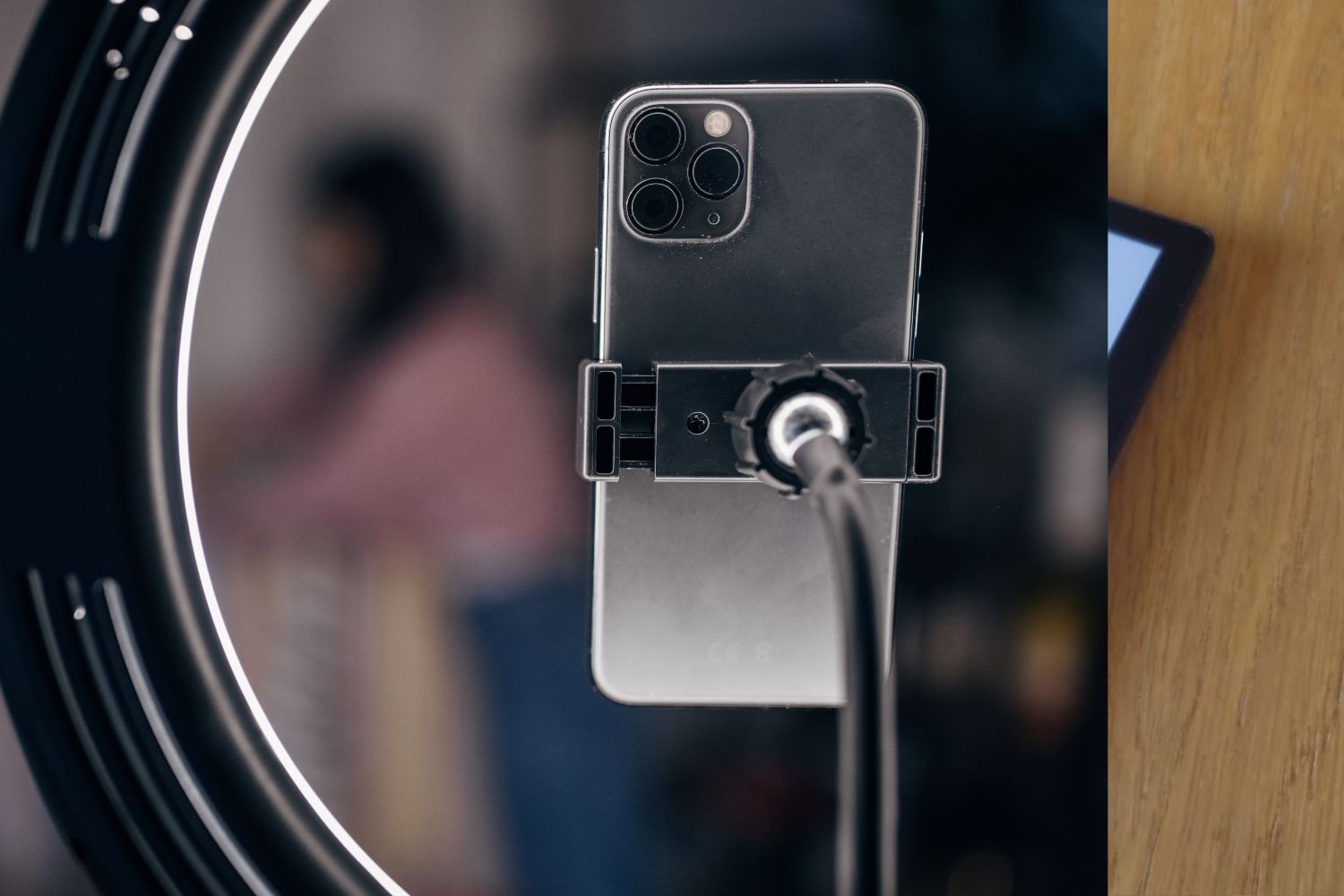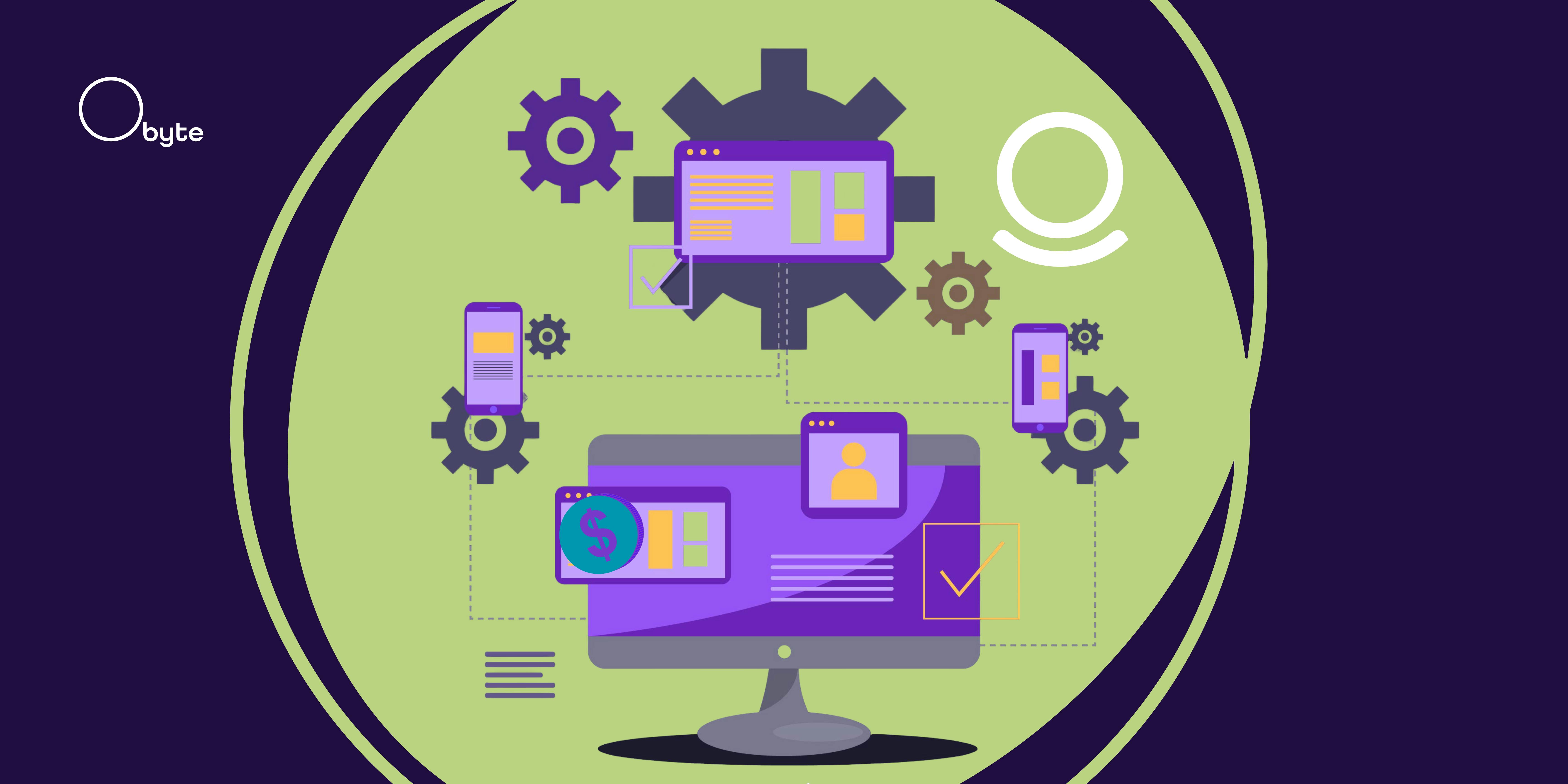In the lucrative market of young influencers, parents are not the only adults who benefit. While the question of sharenting has been on everyone’s lips for years, and child protection organizations regularly warn of the dangers of (non-consensual) overexposure of the image of minors online, an investigation by New York Times comes to relaunch the debate.
Pedophiles and influencers
In the investigation signed by the American newspaper, we discovered a worrying parallel market. By presenting themselves as professional photographers, managers or specialists in digital communication, dozens of potential child criminals would have exploited the naivety of minor influencers and their parents, in order to extract from them photographs and videos of a sexual or suggestive nature. . Chilling revelations, particularly concerning one of these men, Michael Allen Walker, who ran his business from a state prison, where he is currently serving time. 20 year sentence for sexual exploitation of children. According to the report, the man allegedly approached several mothers of minor influencers with the promise of a quick gain of followers, and then bragged on the Telegram platform of having in his possession several sexual photos featuring minors.
In other cases, child criminals would have managed to pass themselves off as fans, by asking parents for photos and second-hand clothes of their children, without necessarily asking for explicit nudity. Still, the images described by the newspaper leave little room for doubt: in a legal document found online, the New York Times details: “a 12 year old girl in a tank top and underwear, posing on all fours with her back arched“, “a 12 year old girl lying on her side on a bed, taking off her underwear“, or even “a 13 year old girl lifting her tank top, exposing the lower part of her breasts“. Of the explicit or suggested nuditygenerally accompanied by a childish environment, where stuffed animals and toys mingle.
Meta defends himself
Faced with a particularly problematic situation, a Meta spokesperson simply reminded that teenagers’ accounts are protected to limit interactions with strangers. The fact remains that the problem often does not come from children, but from the adults around them, who without necessarily thinking badly, expose them to predatory behavior and malicious people.
🟣 To not miss any news on the WorldOfSoftware, , .












